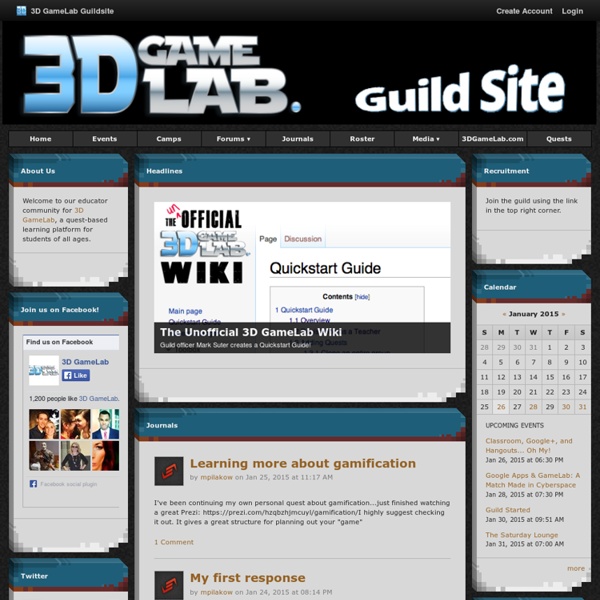



Game Freaks - XBOX360 modifications XBOX 360 Modifications and Repairs There are three types of modifications available for XBOX 360 - Drive Flashing, xKey Installation and RGH (previously known as JTAG). Flashing allows you to run backup disc on your XBOX 360 and the other two allow games to run off a hard drive. xKey can only run full XBOX 360 games off an external hard drive where RGH can run games either off your internal or an external hard drive. In addition to that, RGH also allows you to install and run Arcade games (usually only available through XBOX Live), DLC-s (downloadable content) as well as homebrew software like old consoles emulators. Prices: XBOX 360 Firmware flashing ("Fat" boxes) ... $80 XBOX 360-S (Slim) Gen1 Firmware Flashing ... $100 XBOX 360-S (Slim) Gen2 Firmware Flashing ... $160 xKey Installation ("Fat" and "Slim Gen1") ... $169 xKey Installation ("Slim Gen2") ... $220 RGH (JTAG) Installation (any model) ... $150 Update firmware (any model) to latest versions ... $40 Copyright 2013 Game Freaks.
Versu Atlantis Remixed Transformational play involves the use of virtual worlds to help people learn and grow in a context where they can fail safely. Theory At its core, transformational play is a learning and empowerment philosophy that is grounded in the belief that each one of us is capable of, wants to, and deserves to achieve, great things. Unlike any other form of curriculum, these games offer entire worlds in which learners are central, important participants; a place where the actions of a ten-year old can have significant impact on the world; and a place in which what you know is directly related to what you are able to do and, ultimately, who you become. The theory highlights relations among the three interconnected elements of person with intentionality, content with legitimacy, and context with consequentiality. Research Manuscript (PDF) Teacher Manuscript (PDF) Engine Key features of the 3D engine include: Key features of the facilitator dashboard include: Key Game Mechanics: Projects The Doctors Cure
Universal Design for Learning Universal Design for Learning (UDL) is an educational framework based on research in the learning sciences, including cognitive neuroscience, that guides the development of flexible learning environments that can accommodate individual learning differences.[1] Recognizing that the way individuals learn can be unique, the UDL framework, first defined by the Center for Applied Special Technology(CAST) in the 1990s,[2] calls for creating curriculum from the outset that provides: Multiple means of representation to give learners various ways of acquiring information and knowledge,Multiple means of expression to provide learners alternatives for demonstrating what they know, andMultiple means of engagement to tap into learners' interests, challenge them appropriately, and motivate them to learn.[3][4] Origins[edit] The concept and language of Universal Design for Learning was inspired by the universal design movement in architecture and product development, originally formulated by Ronald L.
Doctoral Degrees - Boise State University - Educational Technology The College of Education at Boise State University has two options to earn a doctor of education (Ed.D.) related to the study of educational technology. 1) Ed.D. in Educational Technology An online program; no on-campus requirementsCoordinated by the Department of Educational TechnologyFor more information, please see the Ed.D. in Educational Technology Page 2) Ed.D. in Curriculum & Instruction, with an emphasis in educational technology A blended program; the bulk of core courses are taken on-campusCoordinated by the Department of Curriculum, Instruction, and Foundational StudiesFor more information, please see This table shows some of the differences between the exising Ed.D. in Curriculum and Instruction offered through Boise State University’s College of Education, and the newly established Ed.D. in Educational Technology. Ed.D. vs.
Creating a Game-Based Online Class One of the things that I like the most about the field of instructional design is the opportunity to think about that hard to quantify meta-level where you are teaching someone how to teach someone else. The most effective way to do this is to have your learner live the experience that you are trying to teach them to create. Unfortunately, the medium of a blog post does not permit me to teach you how to create a game-based curriculum by experiencing it. Step 1: Define your Objectives This is exactly the same process you should undertake at the beginning of planning for any class. Content knowledge objectivesDiscipline-specific knowledgeDiscipline-specific technical skillsOther technical skills (technology skills)Other academic skills Be as specific and detailed as possible in your objectives. Step 2: Brainstorm Game-based Ideas This may best be accomplished with a colleague, student, or other thoughtful confidant. Image: dream designs / FreeDigitalPhotos.net
4T Virtual Conference 2013 The 4T Virtual Conference is an opportunity for educators from across the globe to connect, network, and learn from each other about issues in technology education. The current elementary and secondary undergraduates and graduate interns at the University of Michigan School of Education are assisting with the development of the conference. We are proud to be sponsored by Oakland Schools. The conference is FREE and OPEN to all educators. Our conference is unique in that our lead presenters (all K-12 teachers) go through 14 hours of professional development training on how to design and present a dynamic PD webinar session! The conference sessions will begin on Saturday May 17th. All sessions will be live and archived.
Game-based learning Australia – Games, Online, Mobile, Quests, Play, Education, Minecraft, Life, 21st, Century, Skills, Design, Collaboration